10 Roles That Drove Actors Into Therapy
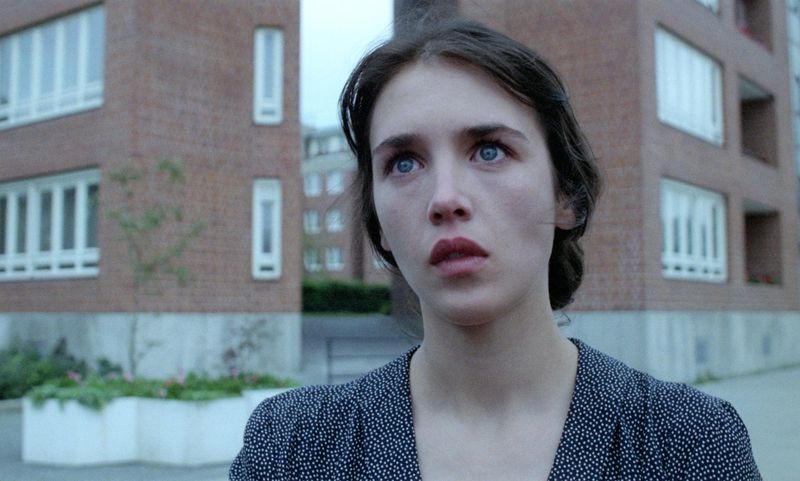
Acting might look glamorous from the outside, but some movie roles can seriously mess with an actor’s mind. When performers dive deep into dark characters or intense emotions, they sometimes need professional help to come back to reality. Many famous actors have openly talked about seeking therapy after particularly challenging roles that left lasting mental and emotional effects.
1. Heath Ledger – The Joker in The Dark Knight (2008)
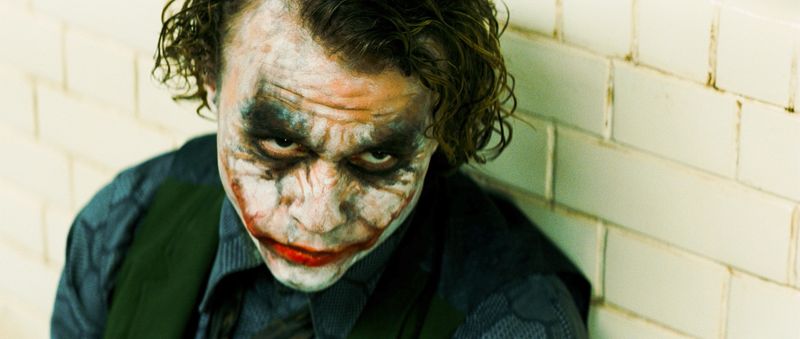
Heath Ledger’s transformation into Batman’s most notorious villain became legendary, but the cost was devastating. Friends and family noticed dramatic changes in his behavior during filming. The actor reportedly locked himself in hotel rooms for weeks, developing the character’s disturbing laugh and mannerisms.
Those close to Ledger mentioned he struggled to separate himself from the Joker’s chaotic mindset. Sleep became nearly impossible as he remained mentally trapped in the character’s twisted world. Unfortunately, Ledger passed away before the film’s release, leaving many to wonder about the role’s psychological impact on his final months.
2. Isabelle Adjani – Anna in Possession (1981)
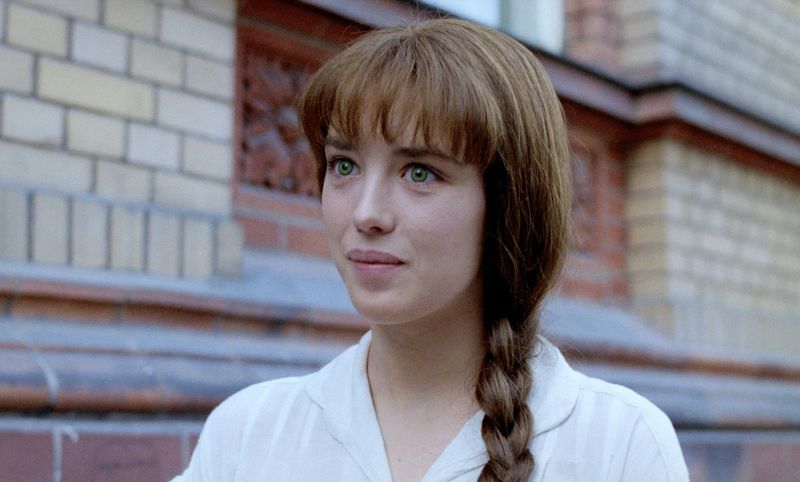
The French actress threw herself completely into the role of a woman experiencing a mental breakdown. Her commitment was so intense that she reportedly needed therapy to recover from the experience.
The film’s famous subway scene, where Anna has a complete meltdown, required Adjani to tap into genuine psychological distress. She later admitted the role was so emotionally draining that it took months to feel normal again. Many consider her performance one of cinema’s most raw and disturbing portrayals of mental illness.
3. Dakota Johnson – Susie in Suspiria (2018)
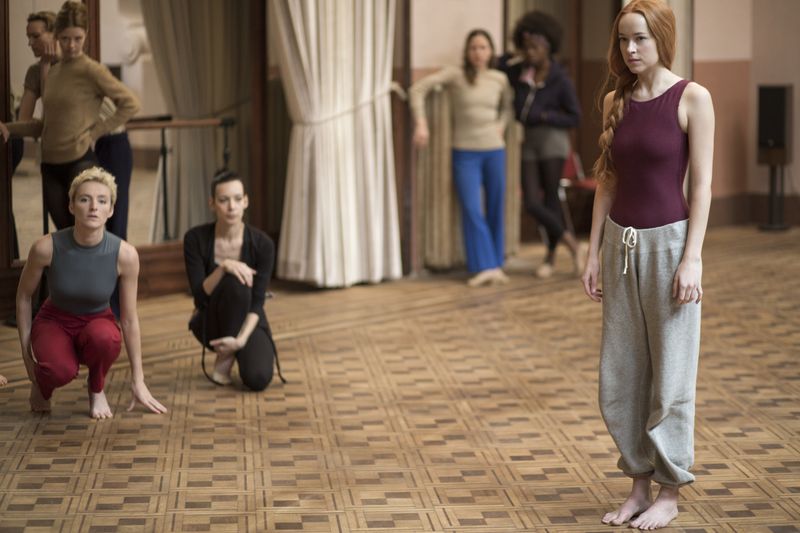
The film’s disturbing imagery and intense psychological themes created an atmosphere that was hard to escape. Johnson found herself carrying the character’s trauma long after filming wrapped.
The actress described feeling disconnected from reality during production, struggling with nightmares and anxiety. She openly discussed needing therapy to process the experience and separate her own identity from Susie’s dark journey. The film’s exploration of abuse, control, and psychological manipulation proved too heavy for Johnson to handle alone, making professional support essential for her recovery.
4. Michael B. Jordan – Killmonger in Black Panther (2018)

His portrayal of the complex villain Killmonger required him to explore deep anger and pain that proved emotionally overwhelming. The character’s backstory of abandonment, rage, and desire for revenge hit Jordan harder than expected. He found himself carrying Killmonger’s emotional baggage into his personal life.
Jordan admitted to seeking therapy after filming because he couldn’t shake the character’s darkness. The actor described feeling isolated and angry, struggling to return to his normal, positive mindset. His openness about needing professional help highlighted how even experienced actors can be affected by emotionally demanding roles that require them to access painful emotions.
5. Anne Hathaway – Fantine in Les Misérables (2012)
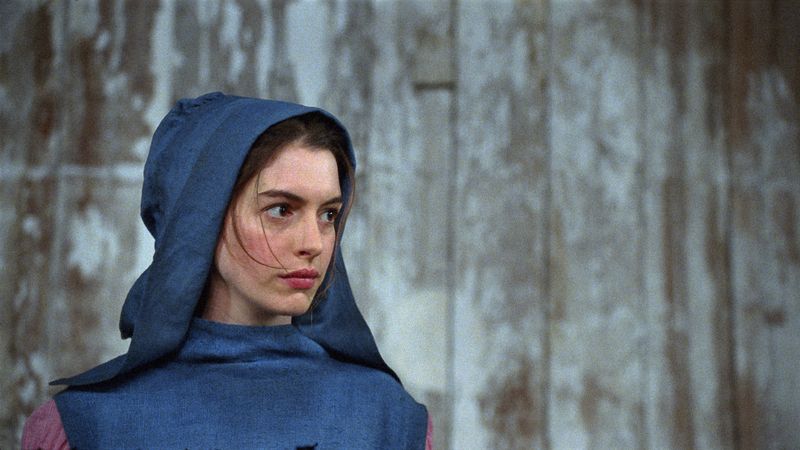
Transforming into the tragic Fantine pushed her to physical and emotional extremes that required professional support. She lost 25 pounds rapidly and cut off her long hair on camera, but the psychological demands proved even more challenging. Playing a desperate mother selling her body to survive took a serious toll.
Hathaway described feeling lost and emotionally fragile during filming, struggling with the character’s hopelessness and despair. The role’s intensity left her questioning her own mental stability and self-worth. She sought therapy to help process the experience and rebuild her confidence, proving that even Oscar-winning performances can come at a significant personal cost.
6. Val Kilmer – Jim Morrison in The Doors (1991)
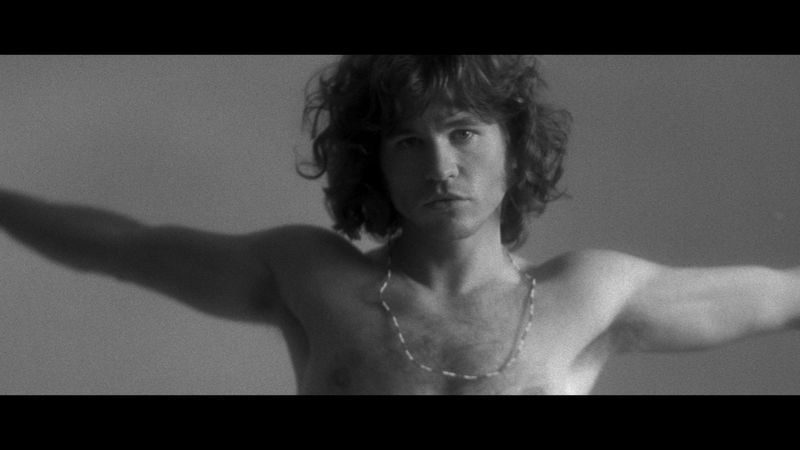
The method acting approach to playing Jim Morrison became an obsession that blurred the lines between actor and rock star. He spent months learning Morrison’s songs, mannerisms, and lifestyle, eventually staying in character even when cameras weren’t rolling. The immersion became so complete that friends worried about his mental state.
Kilmer reportedly struggled with Morrison’s self-destructive tendencies and dark worldview long after filming ended. The actor’s commitment to authenticity meant adopting some of the singer’s unhealthy habits and mindset. Professional therapy became necessary to help Kilmer separate his own identity from Morrison’s troubled persona and return to a healthier mental space.
7. Lady Gaga – Patrizia Reggiani in House of Gucci (2021)

Her portrayal of the murderous Patrizia Reggiani required her to embrace a calculating, manipulative mindset that proved difficult to abandon. She spent months perfecting the Italian accent and studying the real woman’s psychology. The role demanded accessing dark emotions of jealousy, greed, and revenge.
Gaga admitted staying in character for extended periods, which began affecting her relationships and mental health. She found herself thinking like Patrizia, adopting her ruthless perspective on love and money. Therapy became essential to help her process these toxic thought patterns and return to her authentic self. The experience taught her the importance of mental health support when taking on psychologically demanding roles.
8. Keira Knightley – Elizabeth Swann in Pirates of the Caribbean

Keira Knightley’s experience playing Elizabeth Swann brought unexpected challenges that contributed to her need for therapy, though not for the reasons you might think. The massive success of the franchise thrust her into overwhelming fame at a young age. The pressure of being in such a huge blockbuster series created intense anxiety and self-doubt.
Knightley struggled with the public scrutiny and criticism that came with the role’s popularity. She found herself questioning her acting abilities and dealing with panic attacks. The actress has been open about seeking therapy to cope with fame-related anxiety and the pressure of living up to audience expectations. Her experience shows how even fun, adventure roles can have serious mental health consequences.
9. Michael Urie – Brian in Shrinking (2023)
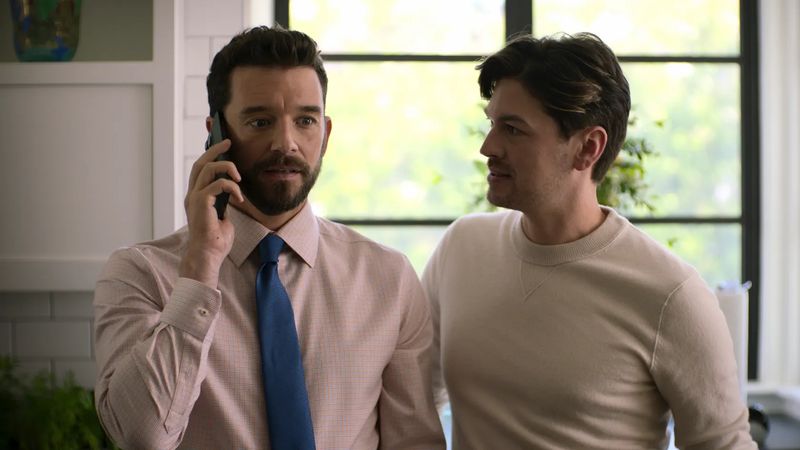
The character’s journey through grief, anger, and personal growth demanded Urie to access vulnerable emotions regularly. Working on a show about therapy while playing someone who needs it created an interesting psychological dynamic.
Urie found himself deeply connected to Brian’s emotional journey, sometimes carrying the character’s pain between filming days. The actor sought therapy to help process these feelings and maintain healthy boundaries between his own life and Brian’s struggles. His experience highlights how even roles in shows about mental health can require real therapeutic support for the performers involved.
10. Bill Hader – Barry Berkman in Barry (2018-2023)
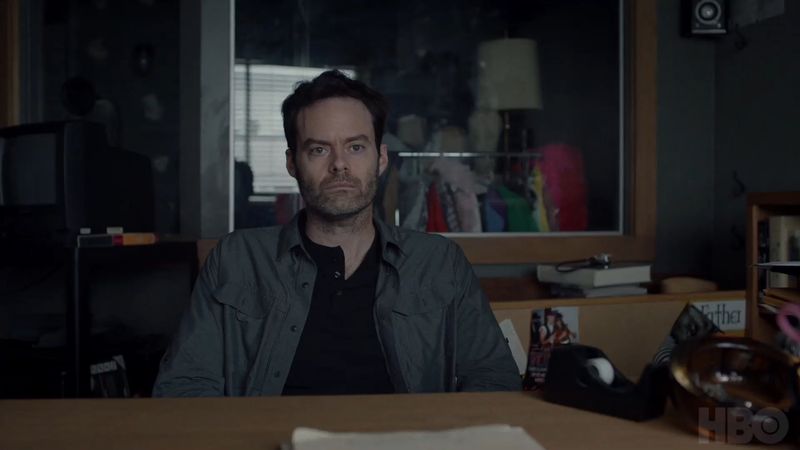
Bill Hader’s portrayal of Barry, a hitman turned aspiring actor, required him to balance comedy with increasingly dark psychological territory. The character’s journey from sympathetic antihero to genuinely disturbing killer demanded Hader explore violent, manipulative behavior patterns. The role’s complexity grew heavier with each season as Barry became more unhinged.
Hader admitted the show’s dark themes and his character’s psychological deterioration affected his own mental health. He sought therapy to help process the violent content and separate himself from Barry’s toxic mindset. The actor emphasized how important professional support became as the show explored trauma, abuse, and psychological manipulation. His openness helps normalize therapy for performers dealing with challenging material.

Comments
Loading…